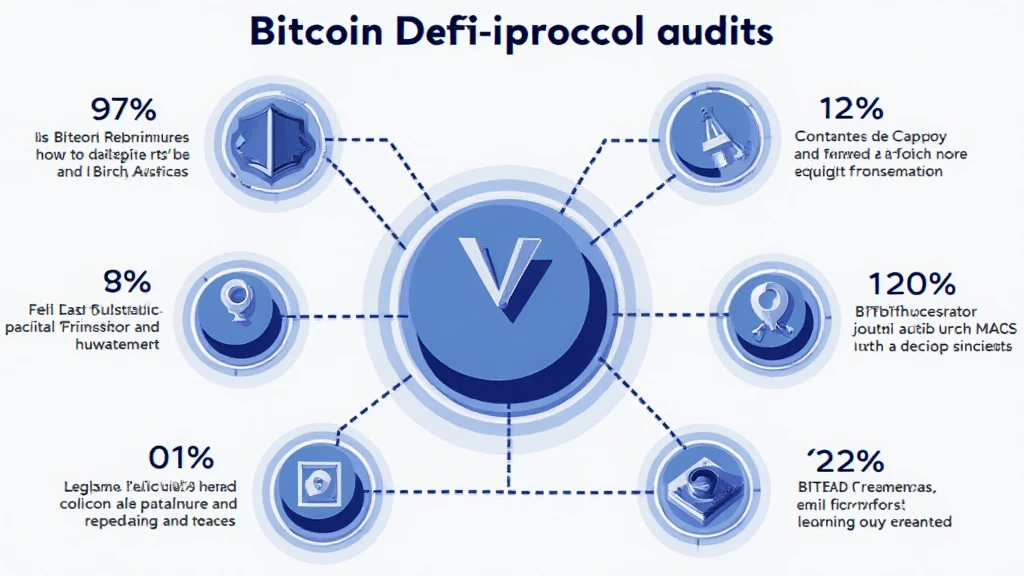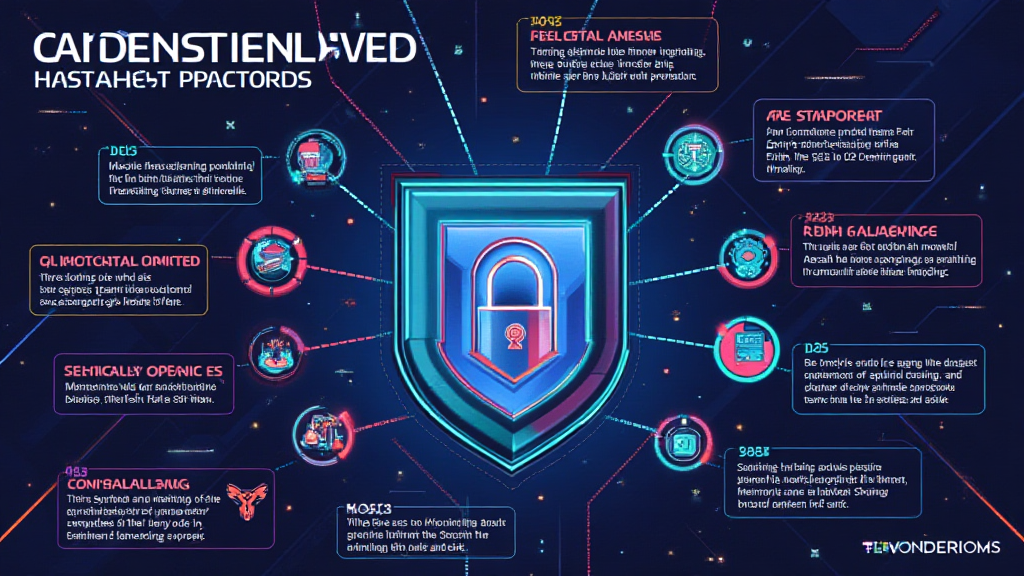Understanding Bitcoin DeFi Protocol Audits
With $4.1B lost to DeFi hacks in 2024, it’s apparent that security in the rapidly expanding decentralized finance sector is no longer optional—it’s essential. Protocol audits serve as the bedrock of trust in Bitcoin DeFi ecosystems. In this article, we will delve into the significance of Bitcoin DeFi protocol audits, explain key auditing methods, and provide real data to support these insights.
What Are Bitcoin DeFi Protocol Audits?
Bitcoin DeFi protocol audits are systematic reviews of decentralized finance smart contracts. Think of them as a blueprint for security—a way to ensure that potential vulnerabilities are identified and rectified before hackers exploit them. By validating the code, identifying loopholes, and assessing overall security posture, audits play a pivotal role in mitigating risks associated with DeFi platforms.
The Importance of Auditing in DeFi
- With the increase in DeFi adoption, the number of malicious attacks has risen dramatically.
- According to a report by Chainalysis, hacks dominated the DeFi landscape, resulting in over $3 billion losses in 2023 alone.
- Audits offer a safety net, assuring investors and users that the protocol meets security standards.
In Vietnam, the crypto market has been growing at an annual rate of 35%, and more users entering this space means a larger target for hackers. Hence, the need for thorough audits is significantly amplified.

Common Vulnerabilities Found in DeFi Protocols
Let’s break it down: like a bank vault for digital assets, each protocol must defend against common vulnerabilities that could lead to catastrophic financial losses. Common issues found during audits include:
- Reentrancy Attacks: Where a malicious contract repeatedly calls the victim contract.
- Integer Overflow/Underflow: Errors due to a number exceeding its limits.
- Improper Access Control: Weaknesses that allow unauthorized users to manipulate contracts.
Addressing these issues during an audit can prevent situations similar to the infamous 2021 hacks that drained substantial funds from various protocols.
How to Audit Smart Contracts
Auditing smart contracts involves several critical steps:
- Code Inspection: Manual reviewing by skilled auditors to pinpoint potential risks.
- Automated Testing: Utilizing tools like Mythril and Oyente for deeper analysis.
- Documentation Review: Examining the protocol’s whitepaper and previous audit reports for compliance.
This meticulous approach prevents issues and fosters trust among users and investors—a cornerstone of any successful DeFi venture.
Real-Life Case Studies
Examining actual audit reports provides critical insights into the effectiveness of security measures:
| Protocol | Audit Firm | Findings | Resolution |
|---|---|---|---|
| Protocol A | Hibt | Reentrancy Vulnerability | Fixed in version 1.1 |
| Protocol B | Hibt | Exposed Admin Privileges | Access controls tightened |
Future Trends in Bitcoin DeFi Security
There are a few trends that are likely to shape the future of Bitcoin DeFi audits:
- AI-Powered Audits: Automation in analyzing vulnerabilities is becoming prevalent.
- Community Audits: Relying on decentralized communities to perform ongoing assessments.
- Regulatory Compliance: Enhanced focus on meeting emerging compliance requirements in different jurisdictions, particularly in rapidly growing markets like Vietnam.
These advances can streamline auditing processes, ensuring more robust security for all participants.
Conclusion
To wrap up, the verification process of Bitcoin DeFi protocol audits cannot be stressed enough. With the rising complexity of smart contracts, it’s critical for developers and investors alike to prioritize audits. By maintaining high standards of security through rigorous testing and validation of protocols, stakeholders can deter potential threats proactively. The rise of communities that engage in self-regulation and collaboration can further enforce these practices. Ultimately, performing thorough audits can mean the difference between success and failure in the volatile world of DeFi.
For further updates on crypto audits and innovative practices, visit cryptocoinnewstoday.
Author: Dr. Alexander Smith, a well-respected blockchain security specialist and a published author of over 15 research papers in the field of smart contract security. Dr. Smith has led multiple high-profile audits for leading blockchain projects.





